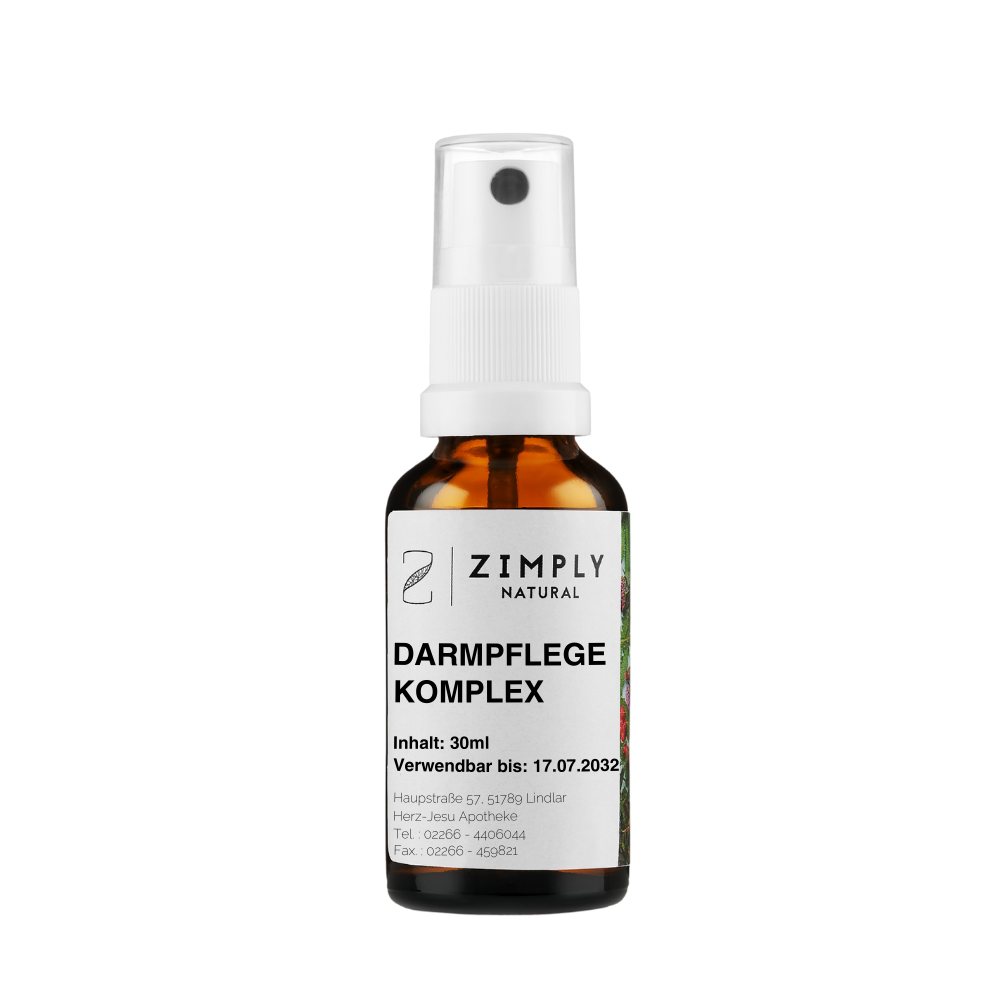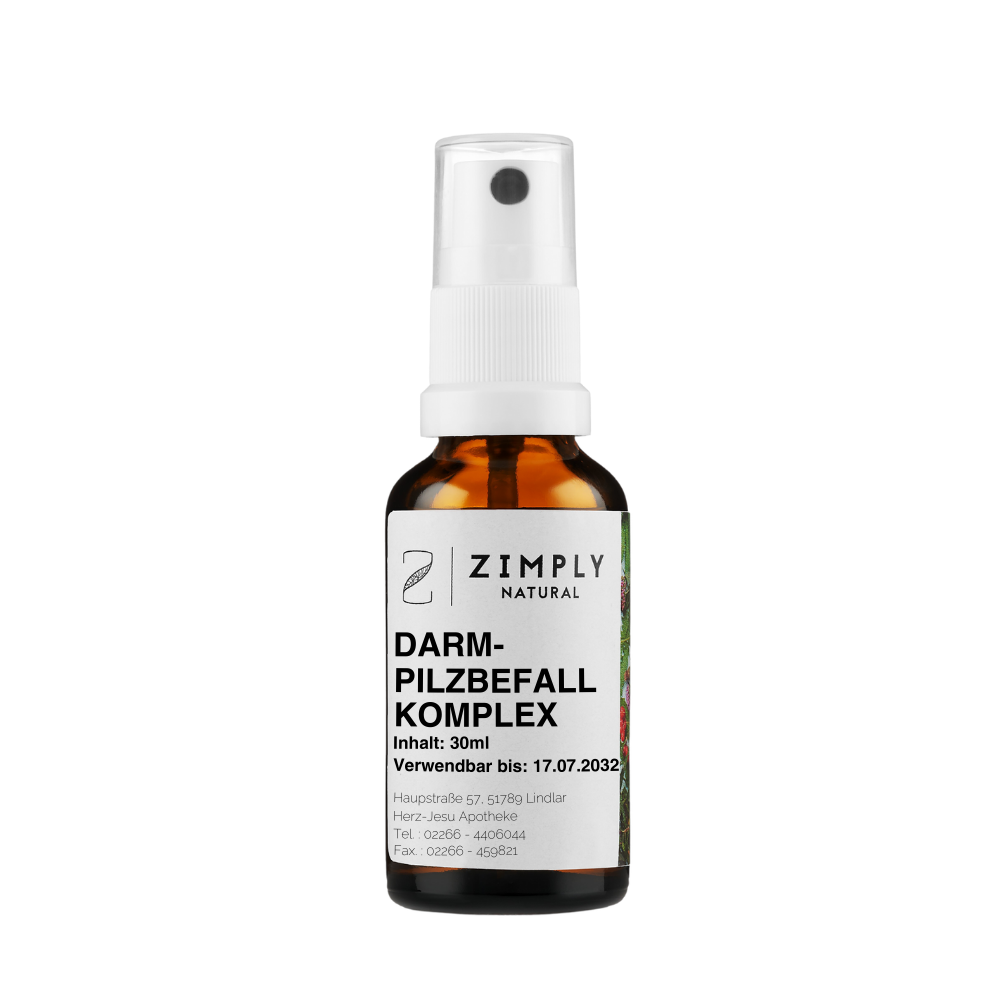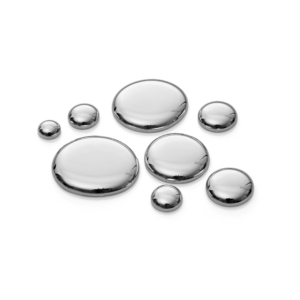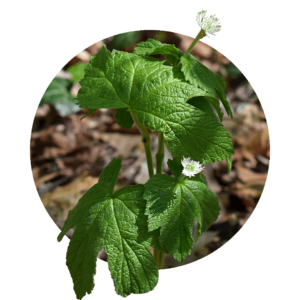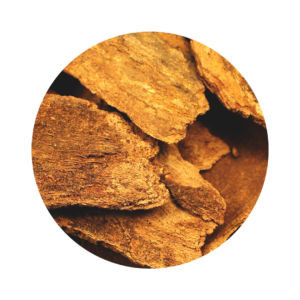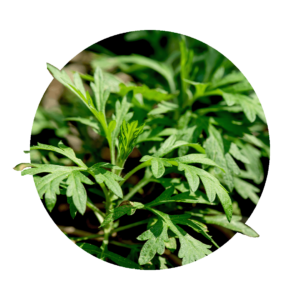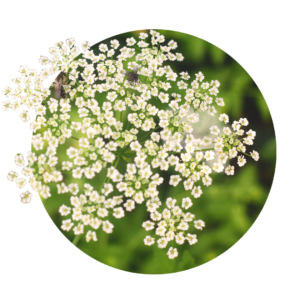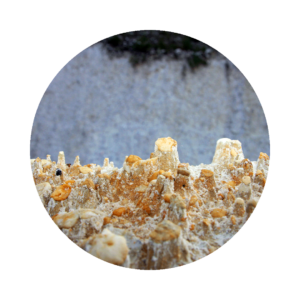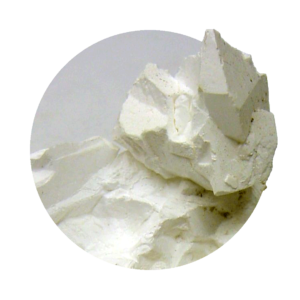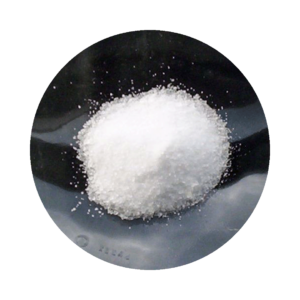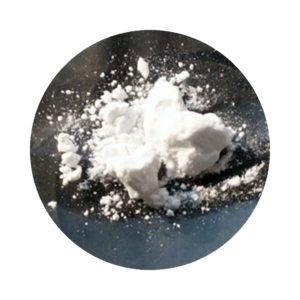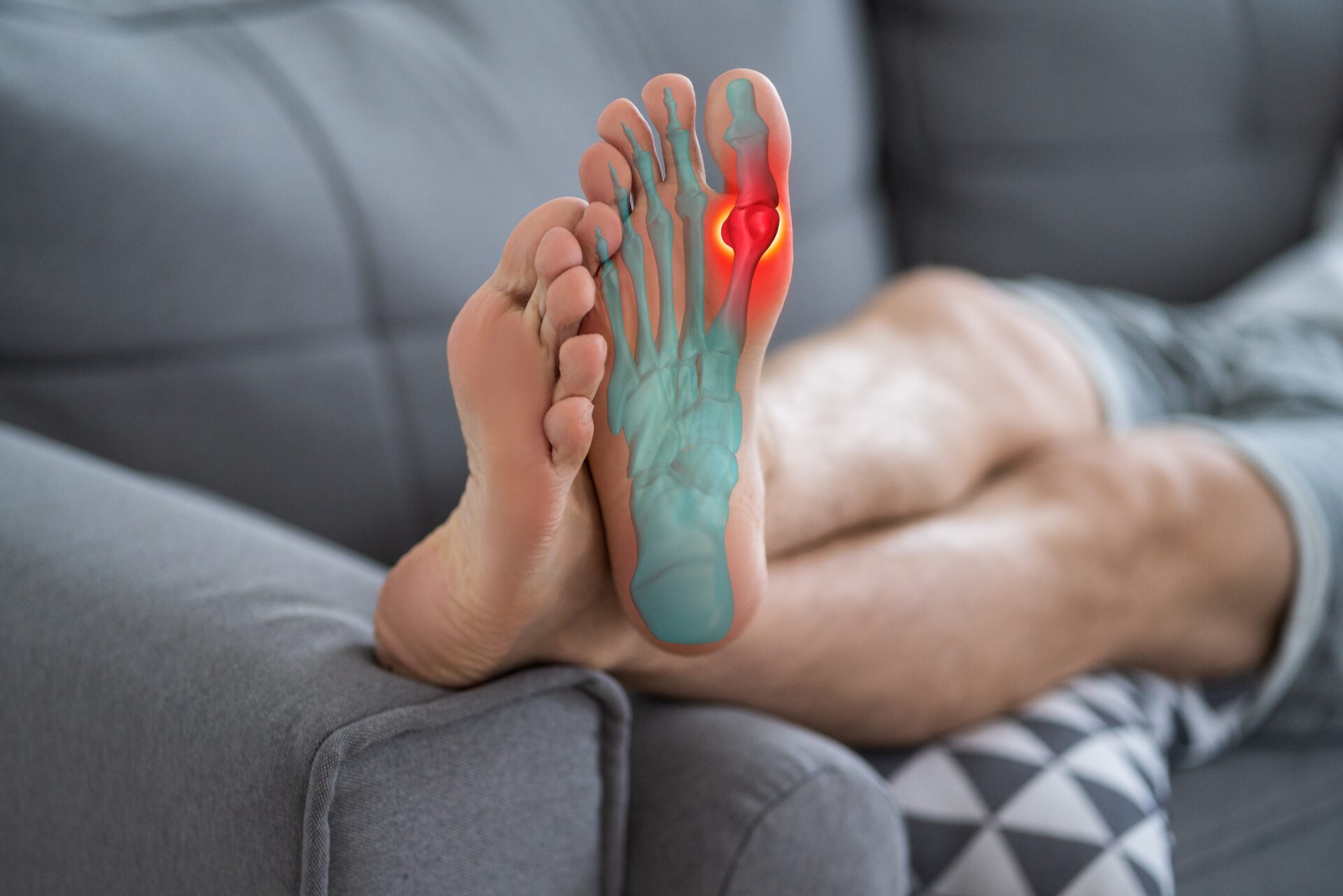SIBO and SIFO - that sounds strange at first. And no, they are not for eating, but types of small intestinal overgrowth. They are abbreviations for a process in which the small intestine is overgrown by microorganisms. With SIBO these are bacteria and with SIFO fungi. This incorrect colonization can have a number of consequences and can sometimes be confused with other illnesses. We reveal natural home remedies and much more in this blog post - so enjoy reading!
Table of contents
- What are SIBO and SIFO anyway?
- Possible causes and risk factors for the development of SIBO and SIFO
- Tips to prevent SIBO and SIFO
- These can be symptoms of small intestine colonization
- These home remedies can help you with SIBO/SIFO
- What is the difference between SIBO and SIFO?
- Diseases of the digestive tract that have similar effects to SIBO
- These medicinal plants can alleviate your SIBO/SIFO symptoms
- ZIMPLY NATURAL - Your natural help with small intestine overgrowth
- FAQ: Questions and answers about SIBO/SIFO
That the small intestine is the longest section of the digestive tract in humans? It usually stretches over an incredible length of 6 to 7 meters.
What are SIBO and SIFO anyway?
SIBO (Small Intestinal Bacterial Overgrowth) and SIFO (Small Intestinal Fungal Overgrowth) are two types of small intestinal overgrowth. In the latter, there is an excessive proliferation of microorganisms that affect the normal function of the intestine. In SIBO, these microorganisms are bacteria that are normally present in other areas of the digestive tract. In the small intestine, however, they should only be present in small quantities. The overgrowth of the small intestine in SIBO can impair the absorption of nutrients and damage the intestinal wall. SIFO refers to an abnormal growth of fungi in the small intestine, most commonly yeast. The effects are similar to SIBO, as SIFO can also lead to digestive problems and inflammation that affect intestinal health. Symptoms range from abdominal pain, diarrhea and constipation to fatigue, skin problems and urinary tract infections. The diagnosis of SIBO and SIFO is similar; treatment focuses primarily on reducing the growth of microorganisms. Correct diagnosis is essential for appropriate and effective treatment.
Possible causes and risk factors for the development of SIBO and SIFO
These factors can promote SIBO
SIBO can be caused by various factors that disrupt the balance of the intestinal flora and promote bacterial growth in the small intestine. These causes can include anatomical abnormalities such as intestinal obstructions or gastric acid deficiency. Such a deficiency can be problematic, as stomach acid normally helps to eliminate pathogenic germs in the stomach. Food intolerances, antibiotic therapies or an unhealthy diet can also promote SIBO.
These can be causes of SIFO
The exact causes of SIFO are not yet fully understood, but there are some factors that could have an influence. These include the use of antibiotics, as these disrupt the balance of the intestinal flora and kill off beneficial bacteria that normally control the growth of fungi. Immunodeficiency due to chronic illnesses, immunosuppressants or HIV/AIDS, for example, can also play a role. The growth of yeasts and fungi in general can be promoted by excessive sugar consumption. Chronic stress can also be a cause of SIFO due to a weakening of the immune system. Just as with SIBO, a lack of stomach acid can also have a worsening effect on SIFO, as this normally eliminates bad germs in the stomach. If there is a deficiency, this function is no longer fully available.


The application of your Darm care sprays iBy the way, the treatment is very simple: the spray is simply sprayed into the mouth according to the dosing instructions on the bottle. In order to achieve the best possible effect and to be able to optimally counteract the causes, we recommend using it over a longer period of six to eight weeks. As a kind of cure, spray 3×3 sprays daily.
Tips to prevent SIBO and SIFO
Of course, you can prevent small intestine colonization with some means, but there will never be one hundred percent protection against it. The first tip is to eat a diet rich in fiber, i.e. lots of fruit, vegetables, lean protein and healthy fats. In this way, you can support your intestinal flora and inhibit the growth of pathogenic microorganisms. In contrast, you should reduce your intake of processed foods, refined sugar and junk food. This is because large quantities of such foods can promote the growth of harmful bacteria and yeasts in the gut. Probiotics and prebiotics can also have a positive effect on your intestinal flora. Probiotics are found in yogurt, sauerkraut, kimchi and kefir, for example, while prebiotic foods include artichokes, onions, garlic and whole grain products. A big factor to keep in mind is to avoid antibiotics, as these can disrupt the balance of the intestinal flora. However, you should of course take them if they have been prescribed by your doctor.
These can be symptoms of small intestine colonization
Symptoms and effects of SIBO
In SIBO, bacteria that are normally present in other areas of the digestive tract colonize excessively in the small intestine. This overgrowth can lead to deficits in the absorption of nutrients and damage the intestinal wall, which can cause inflammation. This results in digestive problems, which usually manifest as bloating, abdominal pain, diarrhea and constipation. Symptoms such as a bloated stomach and food intolerances can also occur. The impaired absorption of nutrients can lead to deficiency symptoms and weight loss in the long term. In some cases, the symptoms of small intestine colonization can extend beyond the digestive tract. The effects can then include fatigue, joint pain, headaches and skin problems.

Symptoms and consequences of SIFO
The symptoms of SIFO are very similar to those of SIBO. They include digestive problems, impaired nutrient absorption and a general impairment of intestinal health. More specific effects include bloating, abdominal pain, diarrhea, constipation and a distended abdomen. In addition, systemic symptoms such as fatigue, skin problems, fungal infections and urinary tract infections are not uncommon. The skin problems caused by yeast can include problems such as rashes, itching and eczema. One effect you should not forget is the impact on the psyche. Intestinal problems can promote depression, anxiety and irritability and, together with a weakened immune system, can lead to worsening of the course of the disease.
That SIBO is usually diagnosed with the help of breath tests? In these tests, the patient first takes a special sugar solution, after which the concentration of hydrogen/methane in the breath is measured.
These home remedies can help you with SIBO/SIFO
Some plants are said to have anti-inflammatory properties and turmeric is one of them. It is a spice that contains curcumin, which can reduce inflammation. This effect can also be released in the intestine. To consume turmeric, you can simply make yourself a golden milk or add it to other warm drinks. If you like ginger and have often relied on its beneficial effects, you will be pleased with our first tip. Ginger can be very soothing for the stomach and help with nausea. Simply make yourself a ginger tea or fresh ginger in warm water and feel its anti-inflammatory effect. Coconut oil contains antimicrobial properties that can help inhibit the growth of harmful bacteria and yeast in the gut. You can either use the oil in cooking or simply add it to a smoothie. Another herbal remedy that could help you in the right dosage is berberine. Chamomile tea also has a calming effect on the stomach.
What is the difference between SIBO and SIFO?
SIBO and SIFO are both small intestinal mal-colonizations that have a lot in common. However, the differences between the two are also very important. The main difference is the type of microorganisms that overgrow the gut. SIBO is an overgrowth of bacteria, while SIFO is an overgrowth of fungi, especially yeast, in the small intestine. Symptoms can be similar for both types of small intestinal overgrowth and include bloating, abdominal pain, diarrhea and constipation. However, treatment approaches can vary depending on the microorganism. For example, antibiotics or probiotics are often used for SIBO, while antifungal drugs or low-carbohydrate diets are usually used for SIFO. In order to obtain an accurate diagnosis and appropriate treatment, it is important to know the difference between small intestinal overgrowth. This is the only way to effectively alleviate the symptoms and avoid complications.
That the surface of the small intestine is greatly enlarged by numerous folds, villi and microvilli? These enable maximum absorption of nutrients from food.
Diseases of the digestive tract that have similar effects to SIBO
A disease that is often diagnosed instead of SIBO/SIFO is the Irritable Bowel Syndrome (IBS). This is a functional gastrointestinal disorder characterized by chronic abdominal pain, bloating, gas, diarrhoea and constipation. The causes are not yet fully understood, but a disturbed intestinal flora, for example, may play a role. The same applies to the Leaky gut syndromewhere your intestinal barrier becomes more permeable, allowing unwanted substances to enter your bloodstream. This can consequently lead to an inflammatory reaction, which can cause symptoms such as abdominal pain, bloating, fatigue, food intolerances and skin problems. Food intolerances can also have other causes and cause many stomach complaints. The most common intolerances are lactose intolerance, gluten intolerance (coeliac disease) and fructose malabsorption. In addition, inflammatory bowel diseases such as Crohn's disease or ulcerative colitis cause symptoms similar to SIBO and SIFO.
ZIMPLY NATURAL - Your natural help with small intestine overgrowth
With Zimply Natural, we are the antidote to painkillers, sleeping pills, and standard medications. We are your medicine! For our mixtures we use the centuries-old natural healing method of spagyric back. The Spagyric combines the herbal active ingredients and phytotherapeutic elements of the HealingplantsThe mineral salt qualities, as well as the subtle information of the medicinal plants and the energetic potential of the Bach flowers.
With natural methods, such as the individual spagyric mixtures from Zimply Natural, your complaints can be relieved naturally and sustainably.
With natural methods, such as the individual spagyric mixtures from Zimply Natural, your complaints can be relieved naturally and sustainably.
These medicinal plants are contained in your SIBO/SIFO sprays
Milk Thistle helps with diarrhea and constipation, as it nourishes the liver and pancreas.
Mercury has a germicidal effect, as bacteria readily absorb this heavy metal and die after being poisoned.
Hydrastis stimulates bile production, so that all mechanisms return to normal and constipation subsides.
The anticholinergic effect of the alkaloids of the Mandrake cause the nervous system to stop stimulating the abdominal muscle in the event of pain.
Okoubaka activates the pancreas and thus helps to normalize the intestinal flora.
Mugwort stimulates the liver to produce more bile and the pancreas to release more fat-splitting enzymes.
Caraway is antispasmodic. It relaxes the muscles, relieves cramps and helps to loosen mucus in bronchitis.
Propolis is used against fungal infections. It can also be used preventively to strengthen the immune system and combined with vitamin C.
Antimicrobial: Nasturtium is effective against fungi, bacteria and viruses. It reduces their population and prevents them from multiplying further.
Bolus alba binds acids, soothes mucous membranes, relieves inflammation and relaxes the muscles of the stomach.
These Schüssler salts are contained in your SIBO/SIFO sprays
Due to the detoxifying effect of Kalium sulfuricum toxins can be eliminated and natural bacteria can be helped to multiply.
Sodium sulfate stimulates the digestive glands, promotes their secretion and cleanses the intestines so that the environment can return to normal.
Natrium chloratum supports that the filling of the cells is always at the physiological normal level and regulates the passive nutrition of poorly perfused tissues.
Alleviates the inflammatory process Natrium phosphoricumThis makes the body less prone to inflammatory reactions.
FAQ: Questions and answers on the topic of small intestine colonization
Can untreated small intestine colonization lead to long-term consequences?
Yes, untreated small intestinal colonization can lead to a number of long-term consequences. These include chronic digestive problems such as flatulence, abdominal pain, diarrhea and constipation. It can also happen that excessive bacterial or fungal colonization in the small intestine means that nutrients cannot be properly absorbed. This can lead to deficiency symptoms such as vitamin B12 deficiency, iron deficiency or vitamin D deficiency. Untreated intestinal overgrowth can also increase the risk of other intestinal diseases such as Crohn's diseaseulcerative colitis or the Leaky gut syndrome increase.
How long does the treatment of small intestine colonization usually take?
The duration of treatment for small intestinal colonization depends on the severity of the disease, personal health and the treatment method. As a rule, the treatment of SIBO/SIFO takes several weeks to months. Milder symptoms usually require a shorter treatment period than more severe symptoms. Sometimes surgical intervention is required, while in other cases diet or lifestyle adjustments are sufficient. After successful treatment, however, it should be noted that some measures are necessary to prevent a relapse.
What other small intestine colonizations are there?
In addition to SIBO and SIFO, there are four other types of small intestinal overgrowth. SIYO (Small Intestinal Yeast Overgrowth), similar to SIFO, refers to the excessive colonization of the small intestine with yeast fungi. However, the focus here is specifically on yeast fungi. SILO (Small Intestinal Lactobacillus Overgrowth) describes an excessive growth of Lactobacillus bacteria in the small intestine. These are mainly contained in probiotic food supplements and can lead to digestive disorders. An abnormal colonization of the small intestine with viruses describes SIVO (Small Intestinal Viral Overgrowth). This type is one of the rarest of the small intestinal overgrowths. SIMO (Small Intestinal Mould Overgrowth) is similar to SIFO in that it involves colonization with fungi, although SIMO is specifically concerned with the growth of moulds.



